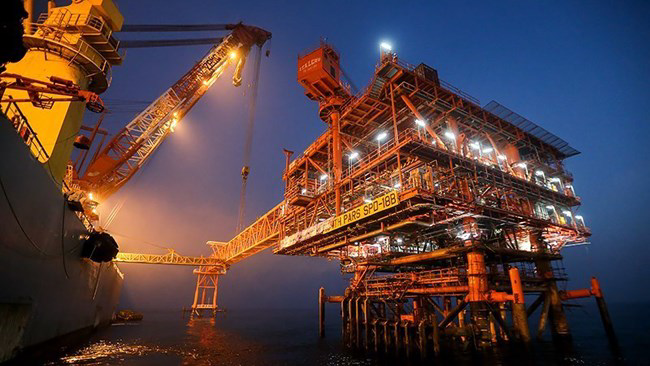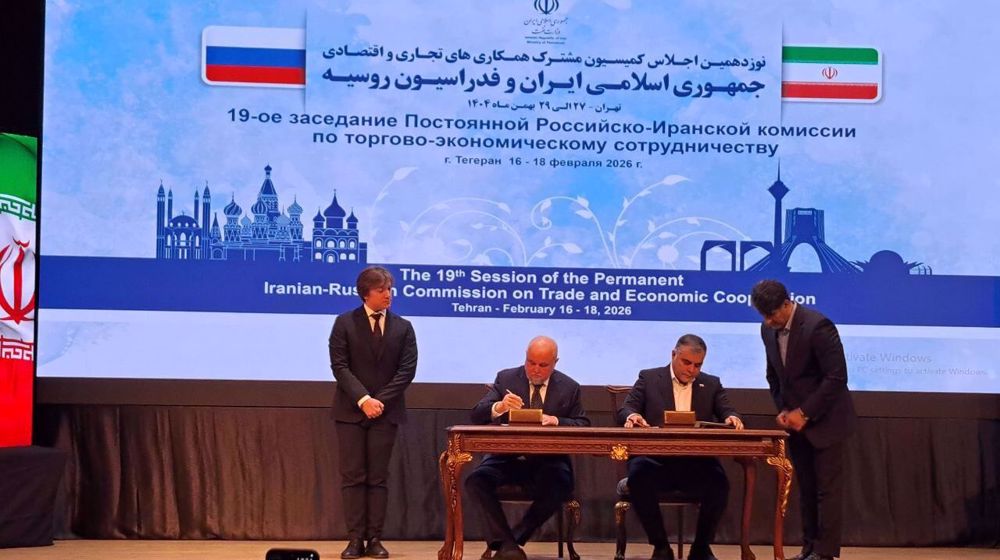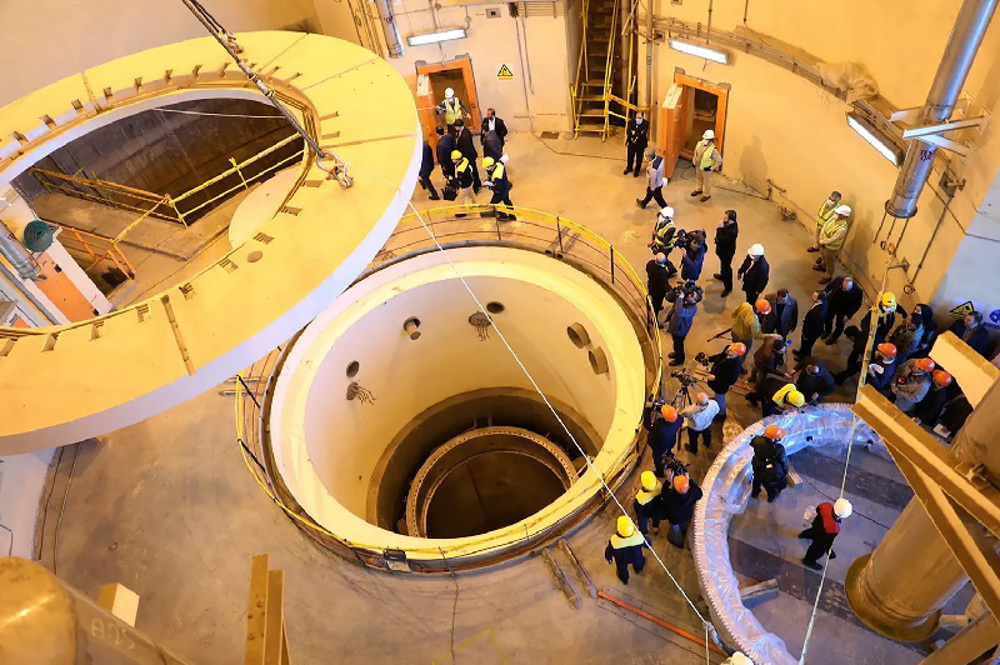Kuwait asks Iran to join oil output freeze
Kuwait has called on Iran to join an oil production freeze plan after major producers failed to agree on keeping output at current levels.
The freeze scheme, spearheaded by Saudi Arabia, has coincided with Iran’s bid to redeem lost market share by ramping up production since the lifting of sanctions in January.
Kuwait’s Deputy Foreign Minister Khaled Jarallah said Saturday the market could not support a production increase from Iran, adding oil exporting countries must freeze output.
"Iran should learn from the market. The market does not give an opportunity to increase production," state news agency KUNA quoted him as saying.
Major oil producers, including Saudi Arabia and Russia, failed in an April meeting in Doha to reach consensus on freezing their output.
The deal fell apart after Riyadh insisted Tehran join the freeze while Iran stayed away from the meeting.
Last week, Minister of Petroleum Bijan Zangeneh ruled out again a production freeze by Iran, saying the country is still determined to increase its output to four million barrels per day (bpd).
The minister said Tehran will join the “voluntary act of self-sanctioning” only when the target is achieved.
Zangeneh has said Saudi Arabia is largely to blame for the oil price free fall from highs of above $100 per barrel to around $40 per barrel now.
Exports to Europe rise to 600,000 bpd
On Thursday, the International Energy Agency said Iran’s oil production has risen faster than expected, with preliminary data suggesting a month-on-month rise of 600,000 barrels a day to about 2 million barrels a day.
A global oversupply of crude, however, is still shrinking, the IEA said, citing disruption to production in countries such as Canada and Nigeria.
According to the IEA’s monthly oil-market report, Iran ramped production up by 300,000 barrels a day month-on-month in April, hitting 3.56 million barrels a day.
China was Iran’s largest customer, importing 800,000 barrels a day of crude. The biggest boost, however, came in crude exports to Europe which had halted purchases from Iran under sanctions imposed in 2012.
Deputy Petroleum Minister Rokneddin Javadi said on Saturday Iran had boosted exports to Europe to 600,000 bpd on the back of contracts signed with Russia’s Lukoil, Spain’s Cepsa, Italy’s Saras and Greece’s Hellenic Petroleum.
A contract with Italy’s Eni has also been finalized, with shipments expected to begin soon, while negotiations with BP have just started, the Mehr news agency quoted him as saying.
“At the moment, 30% to 35% of Iran’s crude oil sales and exports heads to European markets. In other words, the volume of Iran’s oil exports to Europe is expected to rise to 600,000 bpd by the end of Ordibehesht (May 20).”
Javadi said Iran is currently exporting 2.5 million bpd of oil and condensate to European and Asian markets in total.
“Right now, Asia is Iran’s primary market and after that Europe is considered the second market for sales of Iranian crude in the post-sanction period.”
Glencore, Vitol seek long-term contracts
Another official said Swiss-based Glencore and Vitol, two of Iran’s biggest oil trading partners before sanctions, are close to signing a long-term deal to purchase Iranian crude.
Mohsen Qamsari, director of international affairs for the National Iranian Oil Company (NIOC), was quoted as saying that the sides were working to iron out main issues in their trade.
One of the issues is that NIOC wants to choose the destination of the crude that it sells Glencore and Vitol, he said.
Iran’s Deputy Oil Minister Amirhossein Zamaninia said Glencore and Vitol are already purchasing mostly oil products from Iran.
Glencore reportedly became the first Western company to load Iranian oil products since the end of sanctions, but the cargo was made of fuel oil.
UK engaged in 'systematic' suppression of pro-Palestine voices: Report
Hundreds of Greeks protest US warship arrival in Crete
Iran warns Trump against decisions based on false information
Iran embassy rejects 'fabricated' French reports on domestic affairs
Trump’s military buildup against Iran on Netanyahu’s behalf is a gambit doomed to fail
Iran dismisses US 'big lies' on nuclear, missile programs
CIA‑founded NGO admits deploying Starlink satellites for Iran riots
VIDEO | French comedian targeted by Rothschild and Epstein for his shows on Palestine










 This makes it easy to access the Press TV website
This makes it easy to access the Press TV website